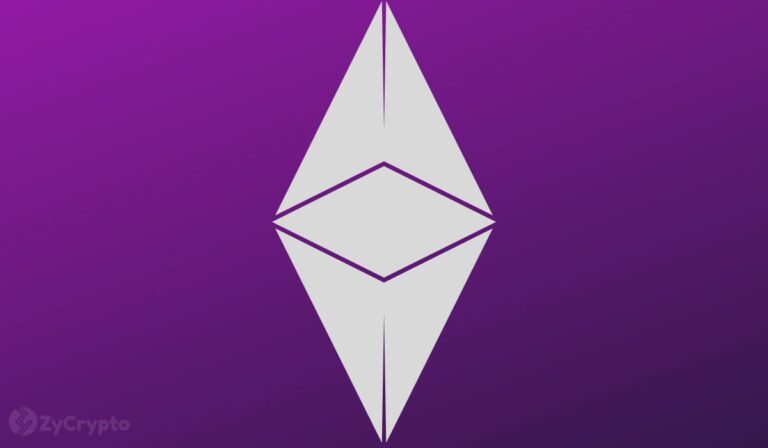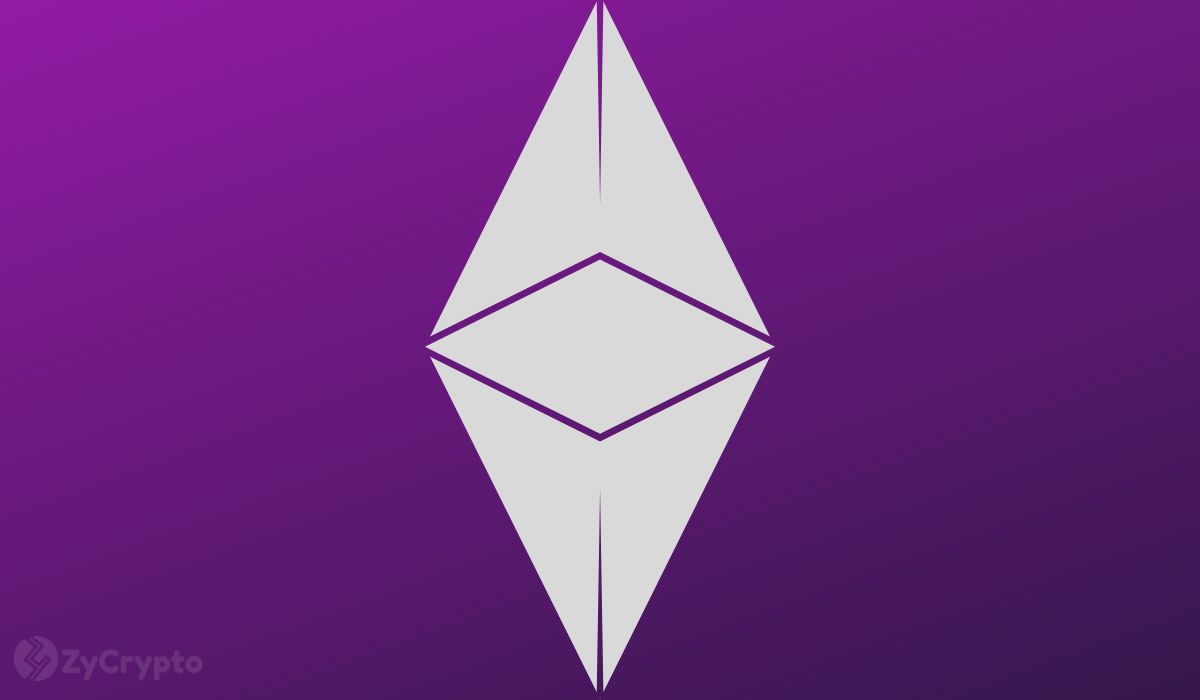
[ad_1]
 
 
- The Shanghai update has been implemented in the Ethereum blockchain giving validators access to their staked assets and rewards.
- The SEC and CFTC hounding down on the staking arm of digital asset companies will lead to decentralization in the wake of the Shanghai upgrade.
- Analysts and users on most centralized trading platforms express mixed feelings concerning the new developments in staking.
The Shanghai upgrade has been lauded in several quarters around the cryptocurrency space and is billed to spark new regulatory concerns as users begin to withdraw their staked assets.
After the much anticipated Merge which hit the Ethereum (ETH) network last year, the blockchain transitioned to a proof-of-stake (PoS) consensus mechanism replacing miners with validators. With a minimum staking threshold of 32 ETH, average ETH holders were not able to become validators until the emergence of centralized staking through exchanges.
Over 30% of staked ETH is facilitated by exchanges, with Kraken, Coinbase, and Binance leading the pack. Despite being the game-change in attracting over 18 million ETH in months, it raised centralization concerns coupled with the Securities and Exchange Commission (SEC) going after exchanges regarding their staking activities.
In February, Kraken reached an agreement with the SEC to halt its staking service in the US as part of its $30 million settlement with the Commission. Marco Santori, Kraken’s legal officer, stated that the settlement would be completed after locked assets became available.
Users outside the United States can keep their assets with Kraken and continue staking on Ethereum, as the settlement only applies within the US. The SEC has also expressed that its staked assets could be categorized as securities because they are locked up in anticipation of a profit-making.
 
 
Is there a silver lining to this decentralization approach?
Most users would prefer validation on the blockchain to be completely decentralized without entities dictating the pace with their centralized staking pools. However, this is not attainable at least for now, because the minimum requirement to become a validator is 32 ETH, a sum too high for the average user.
Kraken is not the only platform to be affected by regulatory bodies, as Coinbase and Binance face their own with the SEC and the Commodity Futures Trading Commission (CFTC), respectively. Coinbase received a Wells Notice in March raising concerns over some products, including its staking program, Coinbase Earn.
Although a lawsuit has not been filed, the company says it is ready for anything while informing customers that there is a need for patience while expecting their assets after the Shanghai upgrade.
“Customers may need to remain patient. We anticipate the Ethereum protocol will take weeks to months to process unstaking requests immediately following the upgrade,” the company wrote.
In a nutshell, some commentators argue that the SEC is trying to make staking completely decentralized, where users deal directly with the protocols without staking pools.
[ad_2]
Source link
